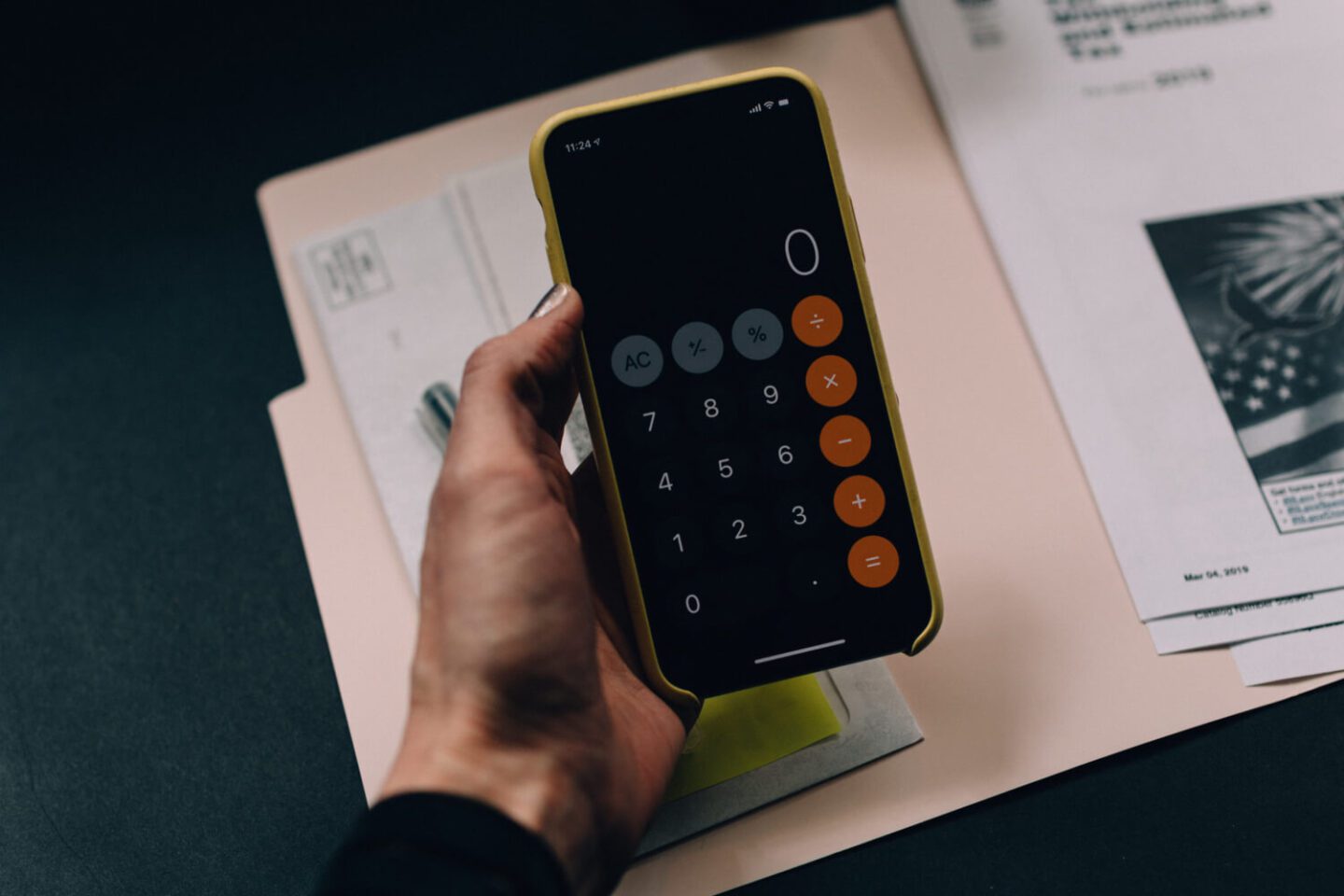Life is full of surprises, and unfortunately, some of them come in the form of unexpected expenses. You might have to suddenly have to repair your car, pay for some unexpected travel or medical expenses, or fix something in your home – all of which can be very stressful, particularly if you haven’t set any money aside for these types of things. These unforeseen costs can mess up your budget and cause you financial stress and worry.

However, with a proactive approach and some smart strategies, you can deal with these unexpected expenses much more easily. To help with this, I have got together some practical help and advice on effective ways to deal with unexpected expenses and how to minimise their impact on your financial well-being and future.
When faced with an unexpected expense, it’s crucial to reassess your budget promptly. Analyse your income and expenses to identify areas where you can cut back temporarily to accommodate the unexpected cost. Look for things that you can cut back on or cut out temporarily, such as eating out or entertainment such as Netflix or other subscriptions. It can be hard to do these things, particularly when you are already feeling stressed and anxious, but reducing these costs can make a big difference quickly and you can reinstate them once your finances are more balanced again.
Consider also reallocating funds from less urgent categories to cover the immediate expense – if you have been saving up for a holiday, for example, could you use a little of that money now and delay your trip a little?
Keep reviewing and adjusting your budget regularly so that you are more likely to stay financially stable and enable you to adapt better to unexpected financial challenges.
One of the best defenses against unexpected expenses is to establish an emergency fund. Start now by setting aside a small portion of your income each month specifically designated for unforeseen circumstances. Aim to accumulate at least three to six months’ worth of living expenses if you can. By having this cushion, you’ll be better prepared to handle unexpected costs without jeopardising your long-term financial goals.
Consider opening a separate savings account for your emergency fund to prevent the temptation of dipping into it for non-essential purchases, and don’t add it to your internet banking so that you can’t transfer it easily. Treat it as an insurance policy for your financial stability.
When faced with a substantial unexpected expense, don’t hesitate to seek assistance and explore available payment options. Contact your creditors and service providers, such as utility or credit card companies, to explain your situation and ask about payment plans or deferred payment arrangements. Many institutions are willing to work with customers who communicate their financial constraints openly rather than just ignoring and not paying the bills when they hit financial trouble. Many lenders are willing to negotiate new payment terms or provide temporary relief during challenging times.
Also, have a look into local organisations or charities that offer financial assistance or grants for specific situations.
If you are proactive and transparent about your financial situation then you are much more likely to avoid potential negative consequences that make your situation worse, such as late fees or damage to your credit score which would affect your financial future too.
Exploring these avenues can help alleviate the immediate burden and provide breathing room while you find a more sustainable solution.
If an unexpected expense forces you to reassess your financial obligations, prioritise your debts based on their interest rates and consequences for non-payment. Focus on paying off high-interest debts first to reduce long-term financial strain.
A short-term loan can really help you out and get the money you need for the unexpected expense you are facing and give you chance to get back on track with your finances. Short-term loans can often be a helpful solution to a sudden expense as they are usually quick and easy to get, but make sure you are aware of the nterest rate, dates for repayment, and finance charges before you agree to anything.
The idea isn’t to make your financial situation worse in the long run, but to help you with a cash injection right now so that you can then quickly get back on track with your budgeting and expenditure.
Every unexpected expense teaches you an important lesson in being prepared financially. Make sure you take the time to think about the circumstances that led to the unexpected cost and how you can prevent or minimise the risk of it happening again in the future.
This might involve investing in preventative maintenance for your car or home, improving your health and wellness to reduce medical expenses, making regular payments into a savings account, or getting appropriate insurance coverage.
By learning from these experiences, you can adjust your financial planning to better anticipate and handle unexpected expenses, ultimately building a more secure financial future.
Dealing with unexpected expenses can be challenging and scary, but by implementing these five strategies, you can regain control of your finances and minimise the impact of any unforeseen costs. Establishing an emergency fund, reviewing your budget, seeking assistance, and looking at your current debts will all help you to sort out your current money problems as well as prepare for the future.